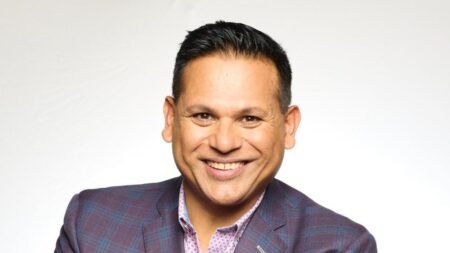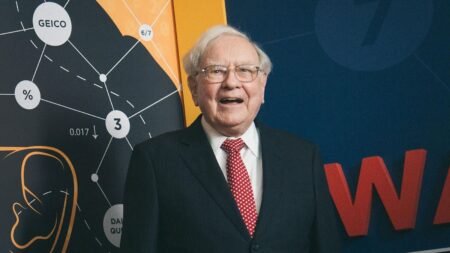Jody Bickel, the founder and CEO of Creekbank Associates, has spent the last 20 years coaching sustainability leaders to achieve their most important goals. Bickel has noticed a pattern in the mindset of sustainability leaders: they can generally be categorized as either doers or ringmasters. Doers are focused on completing a laundry list of sustainability initiatives that they have defined themselves, while ringmasters start with a mission that has been articulated with input from others. Ringmasters believe their role is to inspire others to fulfill the mission both inside and outside their organization, while doers tend to operate within silos and rarely cross departmental lines.
Bickel emphasizes the importance of sustainability leaders focusing on the mission, spanning boundaries, and inspiring others to take action. He notes that doers who do not cross boundaries inadvertently stifle sustainability efforts within their organizations, leading to a decrease in employee interest and energy over time. Bickel’s coaching work with sustainability leaders often involves helping them transition from being doers to more effective ringmasters, which can be challenging due to organizational silos that typically exist within companies.
The fundamental reason why Bickel believes sustainability leaders should not be doers is that sustainability is about transforming the way organizations operate and changing behaviors within the organization. Doers are limited in their ability to inspire change in large groups of people, as they often operate with small teams and struggle to create a grand vision that motivates others to change. Without a compelling vision, sustainability efforts can become compliance-focused and lack inspiration.
Bickel outlines guiding principles for becoming a highly effective sustainability ringmaster, including getting clarity on the mission, assessing who is on your team, tapping into the team’s energy source, setting specific milestones, and giving others credit. Ringmasters focus on inspiring and leading a diverse team that includes all members of the organization, as well as external parties who can contribute to sustainability efforts. They set achievable milestones and give credit to others for their contributions, recognizing that substantive organizational change is a collaborative effort.
In his experience, Bickel has found that doers can transition to becoming effective ringmasters by making adjustments to their leadership style and adopting the principles outlined above. By shifting their focus from controlling outcomes to tapping into the energy of their team, setting specific targets, and acknowledging the contributions of others, doers can become more effective leaders in the sustainability space. Bickel’s work with sustainability leaders demonstrates the importance of inspiring others, spanning boundaries, and focusing on a mission that motivates and guides sustainability efforts within organizations.











